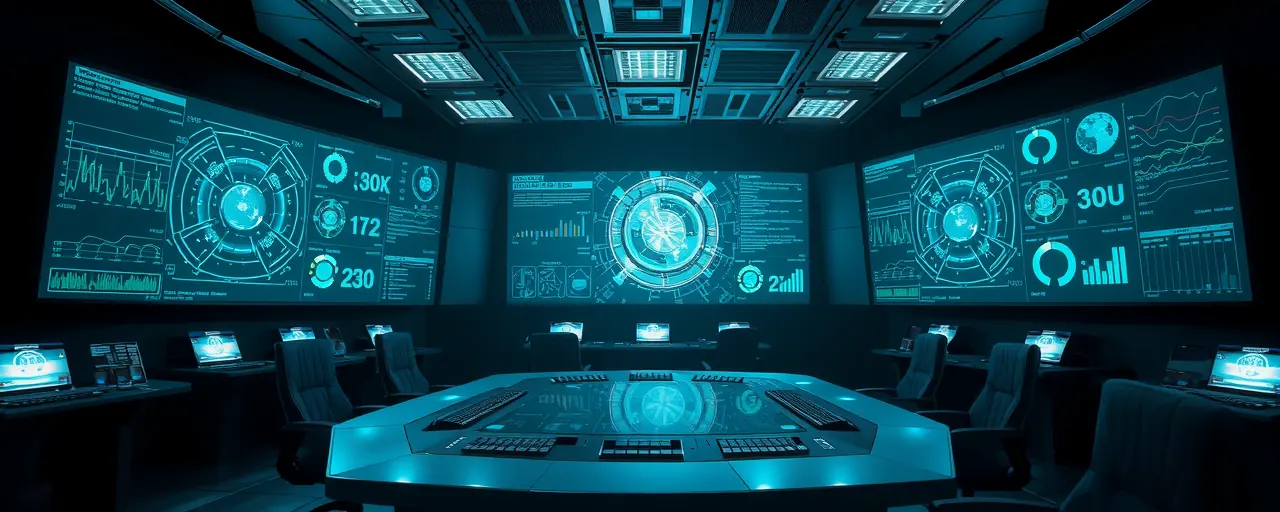A World That Demands Strength
America stands at a crossroads. Adversaries like China, with its DF-17 hypersonic missiles, and Russia, with its Avangard glide vehicles, are rewriting the rules of warfare. Even North Korea’s troubling missile tests signal a growing danger. President Trump’s decision to appoint Space Force General Michael Guetlein to lead the Golden Dome missile defense system responds to this reality with clarity and resolve.
This $831 billion project, planned over 20 years, aims to protect the homeland from weapons that travel faster than Mach 5 and evade outdated defenses. The threat is real and immediate. Can Americans rest easy knowing nations are deploying systems designed to outsmart our current protections?
Guetlein, an expert in space and missile defense, has long warned of China’s advancing capabilities. His appointment signals a commitment to confront these challenges head-on. The Golden Dome, blending satellite-based interceptors with upgraded ground systems, offers a bold vision for a secure future.
Trump’s push for a swift rollout, targeting key components within his term, shows leadership that refuses to delay. Critics may question the cost, but what price is worth paying to safeguard American lives? The Golden Dome represents a necessary stand against a world growing more dangerous by the day.
The global race for hypersonic weapons is intensifying, with over a dozen programs spanning six continents. America cannot afford to hesitate. The Golden Dome is a declaration that we will meet this challenge with strength and ingenuity.
Why This Shield Matters
The Golden Dome combines proven and emerging technologies to create a layered defense. By using space-based sensors and interceptors, it targets missiles in their boost phase, stopping them before they become elusive. The Space Force’s OPIR sensors and Hypersonic and Ballistic Tracking Space Sensor constellation, already in testing, provide a strong foundation. Prototype sensors are expected by 2029, aligning with Trump’s demand for results.
Congress has committed $25 billion to the project within a $150 billion supplemental package. This investment prioritizes deterrence over complacency. History supports this approach: Reagan’s Strategic Defense Initiative in the 1980s forced the Soviet Union to the negotiating table. With China potentially deploying 4,000 hypersonic weapons by 2035, a robust defense is critical.
Guetlein’s expertise in space systems makes him the right leader for this mission. His advocacy for increased U.S. space investments ensures the project will stay focused. Entrusting this task to anyone less capable would be a mistake.
Some advocate for diplomacy over defense, citing agreements like the ABM Treaty. Yet, China’s rapid space militarization and its criticism of U.S. orbital plans show that trust is scarce. Relying solely on negotiations without a strong defense invites vulnerability.
The U.S. defense budget for FY 2025, at $850 billion, dedicates only 32 percent to procurement and research. Projects like Golden Dome are essential to maintain technological leadership. Neglecting them risks falling behind adversaries.
The project also strengthens the economy by expanding manufacturing for satellites and radars. This creates jobs and bolsters the industrial base. Those who focus only on costs overlook these benefits. A secure nation is a prosperous one.
Answering the Doubters
Critics argue that the Golden Dome’s long-term cost, potentially $500 billion, diverts resources from healthcare or education. Security, however, is the foundation for all other priorities. A single hypersonic missile could cause devastation far beyond budget concerns. Investing in prevention protects more than dollars—it saves lives.
Others doubt the system’s technical feasibility, pointing to past missile defense hurdles. Advances like the gallium nitride-equipped AN/TPY-2 radar, delivered in May 2025, and near-term space-based interceptors prove otherwise. Questioning American innovation ignores our proven ability to solve complex challenges.
The weakest argument comes from those who favor diplomacy alone. The Soviet Union didn’t falter because of goodwill; it collapsed under U.S. military and technological pressure. China’s aggressive hypersonic and space programs won’t slow without a credible deterrent.
A Vision for a Secure Future
The Golden Dome embodies America’s determination to lead. With Trump’s vision and Guetlein’s expertise, this initiative will redefine national security. The initial $25 billion investment lays the groundwork for a strategy rooted in strength and preparedness.
The threats are undeniable: China’s projected 4,000 hypersonic weapons by 2035, Russia’s Zircon missiles, and Iran’s growing research demand action. The Golden Dome, with its advanced space-based systems and rapid timeline, meets this challenge. It protects our families, our cities, and our way of life.
Americans need leaders who value their safety above political debates. The Golden Dome may not be flawless, but it’s a courageous step toward a stronger tomorrow. Let’s support Trump, Guetlein, and this bold plan. Our future depends on it.
